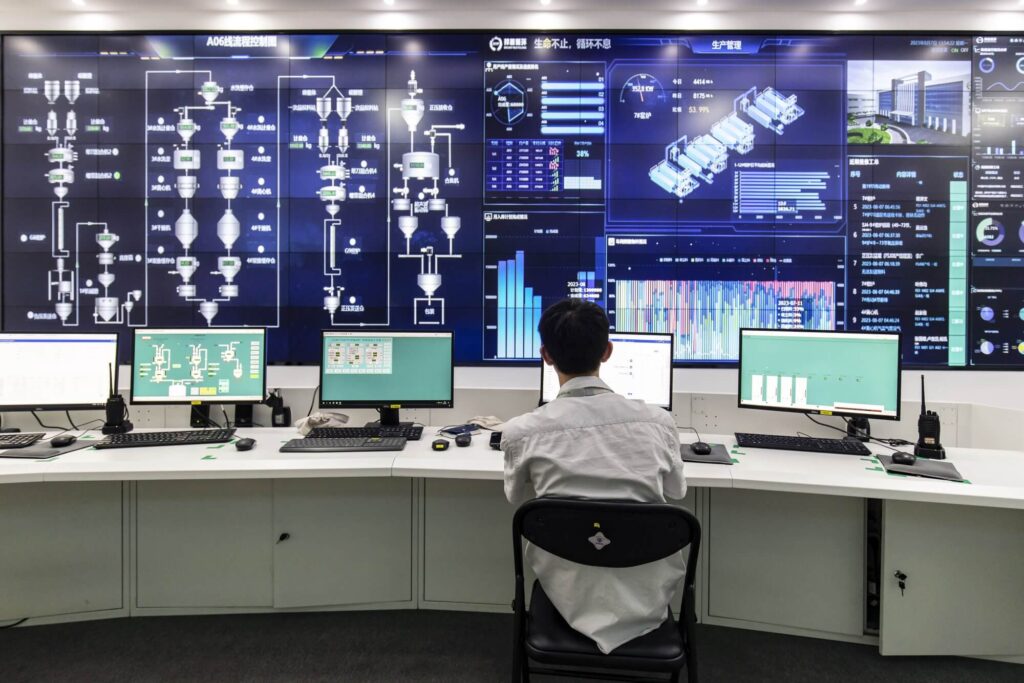Investors who eagerly embraced the notion two years ago that China’s consumer and green energy stocks would flourish under President Xi Jinping’s renewed economic agenda are now counting significant losses in 2023. Companies like China Meidong Auto Holdings Ltd., Li Ning Co. (sportswear manufacturer), and Pylon Technologies Co. (energy storage system maker) have all witnessed a staggering decline of at least 68% in 2023, ranking among the worst-performing stocks on the MSCI Asia Pacific Index, which boasts over 1,500 members.
These once-promising stocks were initially viewed as safe havens amid the Chinese government’s regulatory crackdowns, aligning with Xi’s policy priorities, including the “common prosperity” drive to address the wealth gap and the promotion of the renewables sector. However, they experienced disproportionate losses as China’s recovery from Covid-related lockdowns stumbled, coupled with a deepening property crisis that eroded investor confidence.

Paras Anand, Chief Investment Officer at Artemis Investment Management in London, managing approximately $29 billion, advises investors to shift their focus from narrow themes and instead assess the quality and intrinsic value of each underlying business for a more reliable prediction of future returns. He notes that simply aligning with the “common prosperity” theme has proven to have its own pitfalls.
Contrary to expectations, in late 2021, Goldman Sachs Group Inc. identified 50 China stocks poised to benefit from Xi’s “common prosperity” campaign, including Li Ning and LONGi Green Energy Technology Co. These stocks, however, emerged as major underperformers in 2023 due to a faltering property market, job uncertainty affecting consumer spending, oversupply of equipment, and declining prices for critical minerals, solar, and wind energy – all contributing to the drag on renewables shares.
Among the top 10 losers on the MSCI Asia Pacific gauge this year, eight hail from the Chinese consumer or renewables sectors, with the remaining two being Chinese property firms.
On a positive note, Xiaomi Corp. and suppliers to Huawei Technologies Co. have experienced a rally, drawing investors with their innovation. Chinese semiconductor stocks have also performed well, benefitting from increased government investment following new restrictions imposed by the US and Europe.
Herald van der Linde, Head of Asia Equity Strategy at HSBC Holdings Plc in Hong Kong, emphasizes that most investors are now focusing on growth areas, particularly equipment makers crucial to China’s high-tech transformation. He asserts that “common prosperity” does not automatically translate into faster growth for listed firms.









